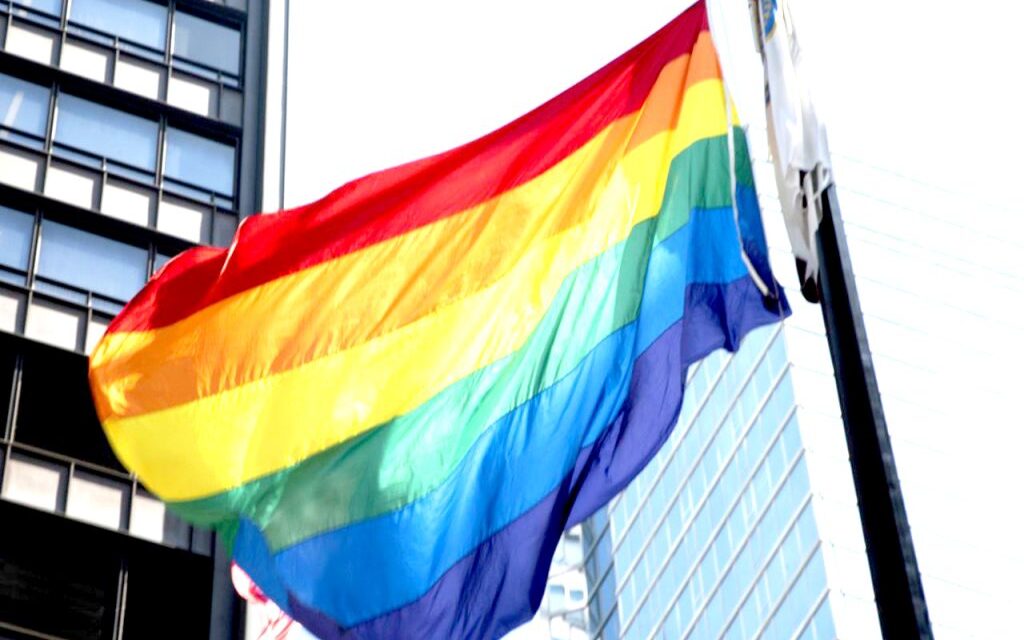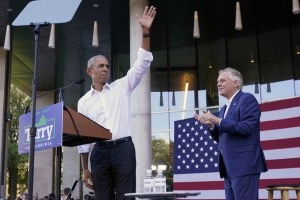By John Sharp
A proposed Alabama law suggests a 9/11 flag be flown on public properties and outlaws unapproved flags flying at city halls, schools and other government buildings.
But what the legislation doesn’t say strikes at the heart of the matter to some activists: The Rainbow Flag, a symbol of LGBTQ pride — and commonly referred to as the Pride Flag — sometimes flown on public properties in Alabama during Pride Month in June, is not included among the permissible flags.
The legislation is similar to proposals emerging before state legislatures and city halls restricting the type of flags flown on public properties. The proposals are rankling LGBTQ activists who say the intent is part of a broader effect against their community that includes book bans and restricted history lessons, prohibited teaching about sexual orientation and gender identity, and rollbacks on reproductive rights and transgender health care.
“This bill is a solution searching for a problem,” said Patricia Todd, southern policy manager for Jobs to Move America and the first openly member of the LGBTQ community to serve in the Alabama Legislature from 2006-2018. “Obviously, it’s targeted at the (Rainbow) flag.”
The legislation’s sponsor, state Senator Gerald Allen, R-Tuscaloosa, told AL.com recently that banning LGBTQ Rainbow Flag from public property was not part of the “initial thought process” behind his legislation, which is SB4.
He said the primary reason he brought up the legislation was to make sure that 9/11 was recognized by flying a remembrance flag. The legislation, however, does not require that flag to be flown on public grounds on September 11.
“It’s one of those type of things that we feel that on every 9/11, we should fly the flag,” Allen said. “I think it’s important. There are a lot of our students today who were not here (on Sept. 11, 2001) just like us with Dec. 7, 1941 (Pearl Harbor Day). I was born in 1950. We feel that it’s about teaching the importance of American history, and this is one way we can do it and not forget.”
Misdemeanor penalties
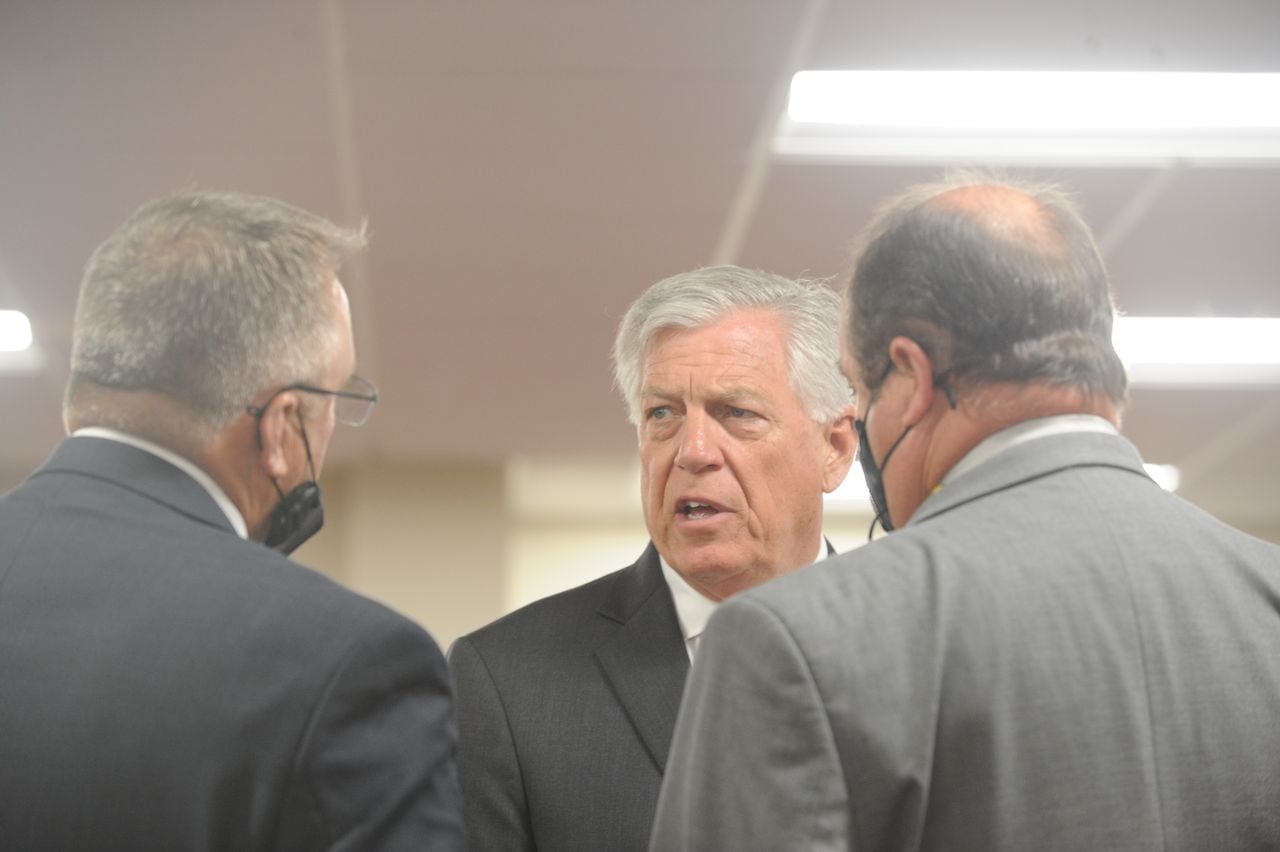
Allen said the flags not listed on his legislation — such as the Pride flag – would require approval by the entity that controls the property before they are allowed to be flown.
“You got all of these municipalities and courthouses and schools and campuses, and we’re all … citizens and enjoiners of those properties,” Allen said. “We all don’t agree on everything together. So certainly that is the one thing that we have to be careful about, and those flags must be approved and I think that is part of the plan.”
The legislation allows a host of flags to be flown without approval including:
- U.S. flag
- Alabama state flag
- Official flag of the Boy Scouts/Girl Scouts
- American Red Cross
- POW/MIA flags
- 9/11 Freedom flag
- A city or county government’s flag
Another exception includes the “official flag of any nation or state that preceded” the U.S. and Alabama, which could allow for the flags of the Confederate States of America – referred to as “Stars and Bars” – to be flown on public grounds.
A violation is classified as a Class C misdemeanor, punishable by up to three months in jail and a $500 fine.
Ken Paulson, director of the Free Speech Center – a national organization based at Middle Tennessee State University – said one of the exceptions written into the bill could render the entire bill moot. That includes a provision that allows any flag to be flown on public property as long as it is “approved by the entity.”
“It’s basically saying anyone in government can put up anything at any time,” Paulson said, calling that provision an “odd clause” added into SB4. “By the letter of that law, it tells us that a principal could put up the Pride flag. It tells us a librarian could put up a flag not on that list. I don’t know or understand why they would do that. It renders the rest of the legislation as irrelevant.”
Allen could not be reached for further comment or to clarify the exception.
Todd said Allen “is in an uproar because a lot of municipalities and other public buildings display the (Rainbow) flag during Pride Month including Birmingham.”
Allen, she noted, has pushed out controversial socially conservative bills before. Some of them have sparked widespread discussion, and approval from the supermajority GOP including the Alabama Memorial Preservation Act of 2017, which prohibits the removal of Confederate monuments or any structure over 40 years old unless authorized by a state committee.
“It’s just ridiculous,” Todd said. “I just wish they would focus on real issues facing Alabama like the prison system, lack of affordable health care, affordable housing instead of coming up with these kinds of bills. All these bills are targeting the LGBTQ community and are the ones being circulated around the country.”
Legal complications
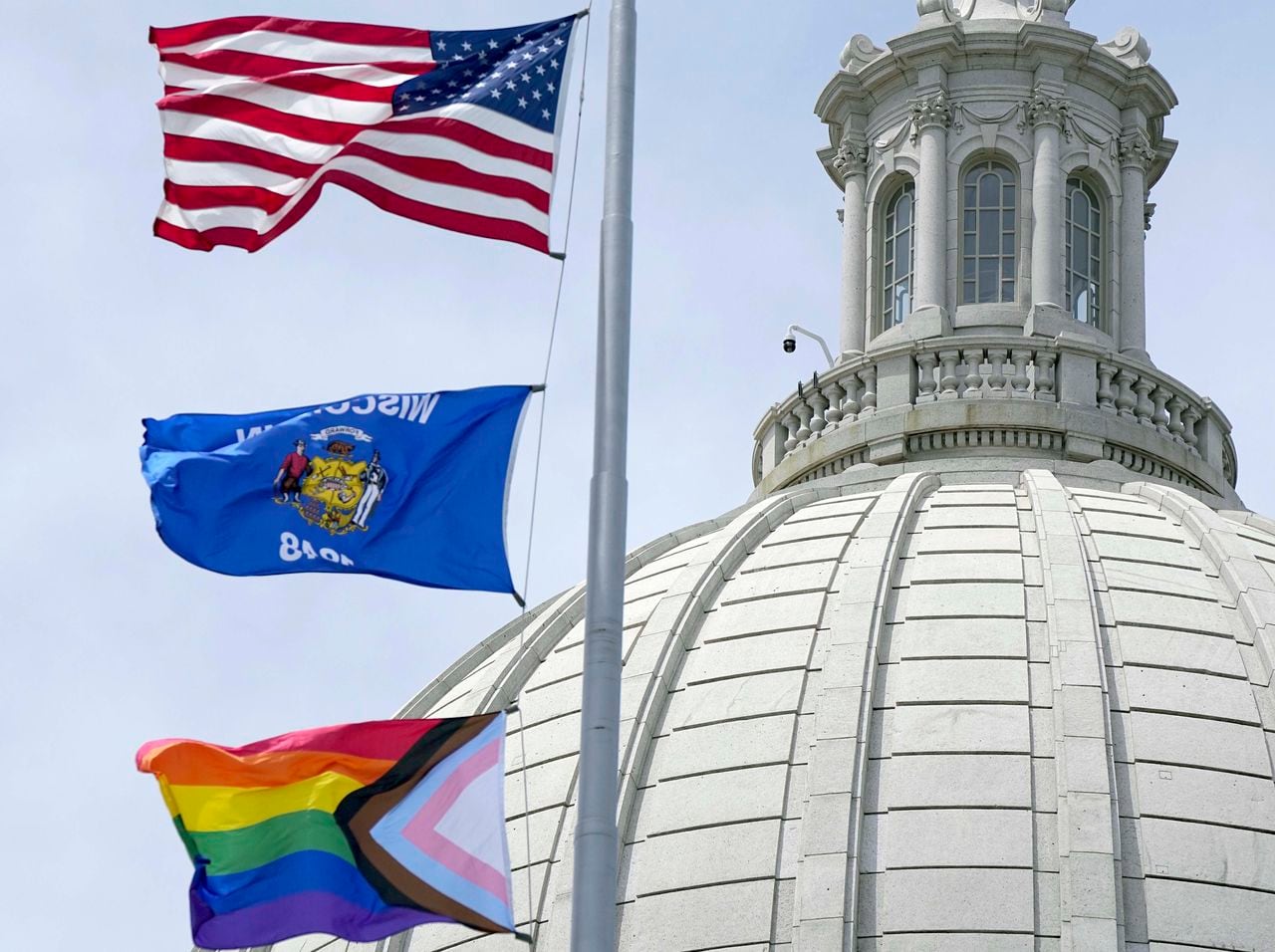
Similar bills are under consideration in Florida and Tennessee, but most of the high-profile debates over the LGBTQ Pride flag have occurred in city halls, and decisions have sparked controversy and a few razor-thin votes:
- In Green Bay, Wis., the city’s mayor broke a 6-6 tie last February that allows the rainbow-colored Pride flag to fly on city property. His vote shot down a flagpole policy proposal that would have limited flags flown at City Hall to U.S., state and city flags.
- In Huntington Beach, Calif., the council voted 4-3 last March to support a policy allowing only government and military flags to be flown on city property.
- In Hamtramck, Michigan, an all-Muslim, all-male council unanimously approved a resolution banning government property flags promoting any sexual orientation, as well as any racial, ethnic, political, or religious groups.
Civil rights groups like the ACLU are issuing warnings to government bodies exploring the potential of a Rainbow Flag ban. A letter written by an ACLU attorney warns that public bodies attempting to ban the Rainbow Flag from public spaces, when they have never tried banning other flags, are engaging in “viewpoint discrimination,” and could be unconstitutional.
Paulson said SB4 in Alabama would likely pass constitutional muster, because it’s not a “flag ban of any sort.”
“What they’ve done is say, ‘we are the government, and these are the messages we are comfortable with and will only permit on governmental property,’” he said. “On the face of it, they are not guilty of viewpoint discrimination and are not in violation of the First Amendment.”
He said the issue has only gotten complicated in cities when the public has a role in deciding what flags are flown on the flag poles.
In 2022, the U.S. Supreme Court ruled in Shurtleff v. Bostonthat the City of Boston engaged in viewpoint discrimination when it banned a Christian flag from flying temporarily outside City Hall. Boston ran afoul of the Constitution because it had previously allowed the public to temporarily hoist all kinds of flags from the same site, the court ruled.
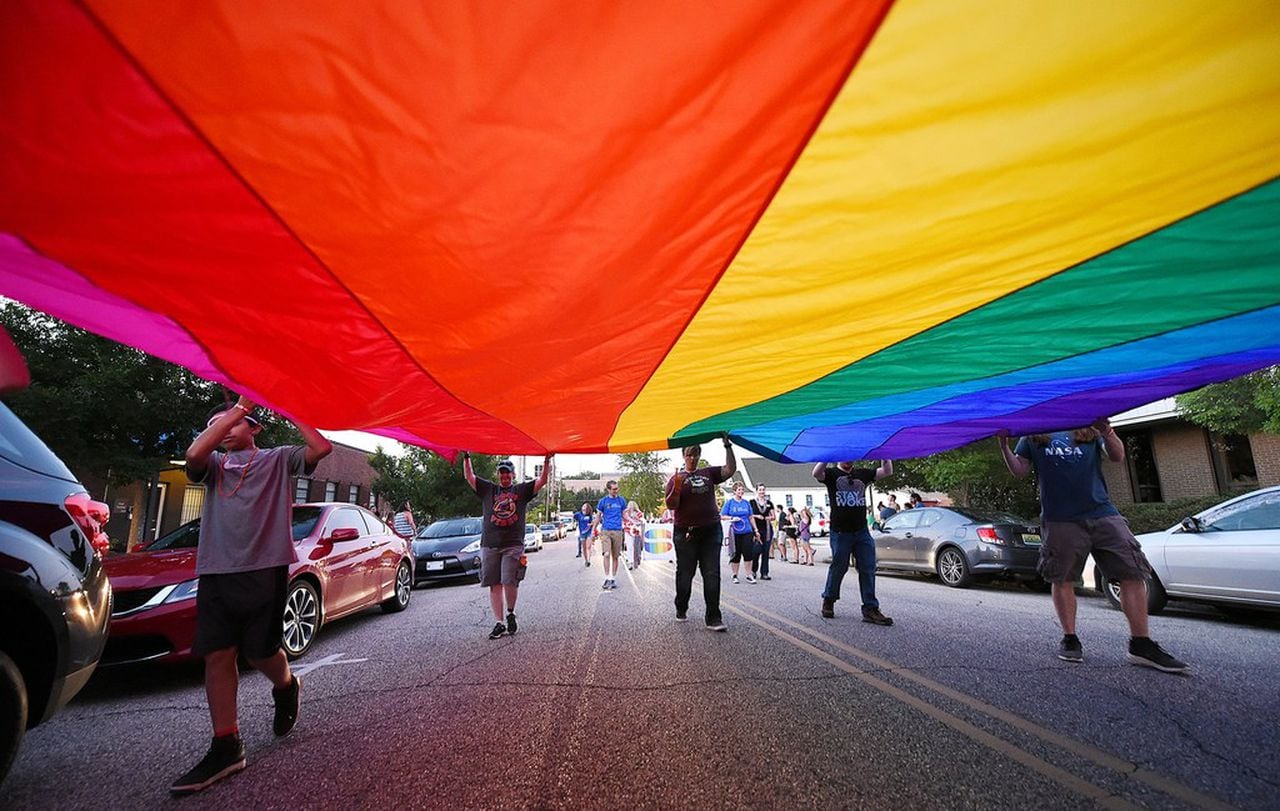

Charles Beal, president of the Gilbert Baker Foundation’s board of directors, said SB4′s language is similar to other bills that have emerged elsewhere in the country that aim to ban the Pride flag. The foundation is named after the activist and artist who first created the flag in 1978.
He said that legally, restrictions on the flag become an issue if a state or city has a history of flying it, but then pass a law restricting the flag, “becoming a free speech issue.” He noted the ACLU of Ohio, late last month, sent a letter to an Ohio school board requesting it repeal its flag ban because it prohibited the LGBTQ Pride flag on school grounds. The ACLU, according to media reports, called the measure unconstitutional and the reasoning behind it as vague.
“This will come down to lawsuits, I think,” Beal said. “It’s very sad when people use these tricky methods to try and get rid of the Rainbow flag where it’s been flown before. It’s painful for our LGBTQ youth to see a symbol in town that is ripped down and erased. That’s how they feel. Erased.”

